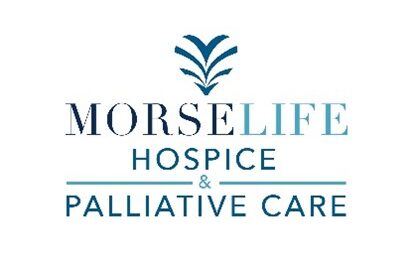September is National Prostate Cancer Awareness Month
By Mehmet Hepgur, M.D., hematologist-oncologist at Broward Health
September is National Prostate Cancer Awareness Month, a reminder that prostate cancer is the most common cancer in American men behind skin cancer. According to the American Cancer Society, one in eight men will be diagnosed with prostate cancer in their lifetime. It is estimated there will be nearly 250,000 new cases of prostate cancer and more than 34,000 deaths from prostate cancer in the U.S. in 2021.
While many factors contribute to the development of prostate cancer, here are ways to lower your risk and take a proactive role in your health:
- Routine exams
Be sure to schedule your annual wellness exams and health screenings. Early detection saves lives. Unfortunately, during the pandemic, patients may have neglected their annual exams and screenings, but it’s never too late to get back on track.
- Talk to your doctor
According to the Centers for Disease Control and Prevention, men from the ages of 55 to 69 should make a decision relating to prostate cancer screenings with a prostate specific antigen (PSA) test after speaking with their doctor. Considerations include a family history of prostate cancer, if you have other medical conditions that make treating prostate cancer difficult, how you evaluate the potential benefit and harm in screening, diagnosis and treatment and your ethnicity, because Black men are diagnosed and die from prostate cancer at a higher rate;
- Nutrition and diet
A low-fat diet, one with fruits and vegetables that are rich in antioxidants, may help reduce the risk of prostate cancer. Eating less red and processed meat and processed foods is also beneficial, not just for reducing cancer risks but for your overall health.
- Stay physically active
Staying physically active is a gift you can give to your body and mind. Studies reveal that exercising can lower the risk of developing prostate cancer. Exercising does not have to be intense. You can start slowly and work your way into a solid routine.
- Balancing the scale
Studies have found that men who are overweight or obese have a higher risk of developing advanced prostate cancer or prostate cancer that is more likely to be fatal.
- Talk to your family
You should know if your family has a history of prostate cancer. If you have family members who have been diagnosed before age 65, it is recommended that you get screened. As mentioned previously, Black men are more likely to be diagnosed with prostate cancer. Screening for Black men can start as early as age 45.
- Don’t ignore the signs
Symptoms such as difficultly urinating or emptying the bladder completely, interrupted urine flow, frequent urination particularly at night, pain or burning while urinating, blood in the urine or semen, painful ejaculation or prolonged pain in the pelvis, back or hips may indicate prostate cancer. However, these symptoms may have another cause, so don’t ignore the signs. Schedule an appointment with your doctor.
For more information, visit BrowardHealth.org/BeatCancer or call 954-888-3453.




























